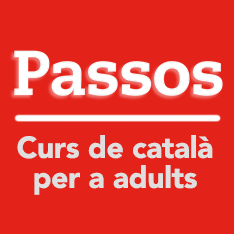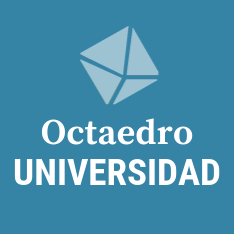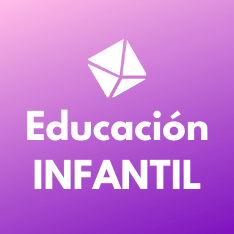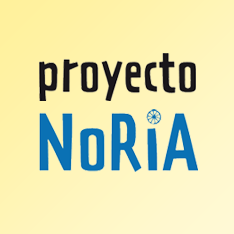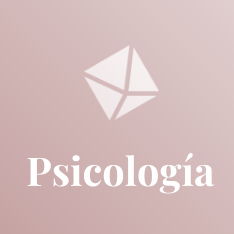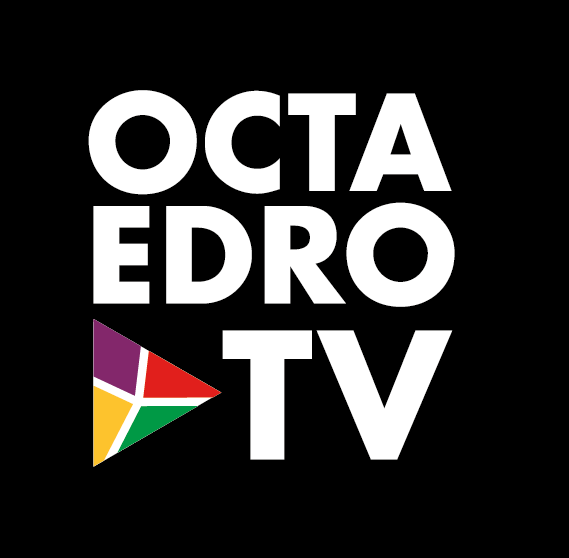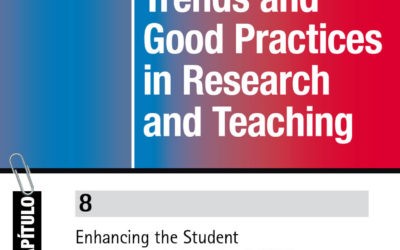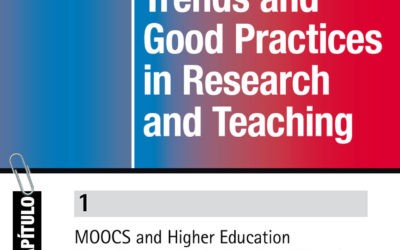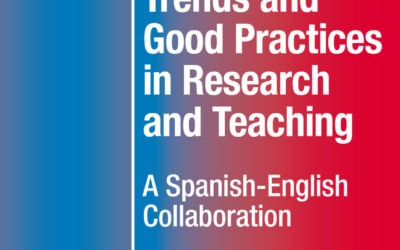Massive Open Online Courses (MOOCs) are continuing to expand in Higher Education Institutions (HEIs). In some cases, these courses are becoming integrated into institutions, to such an extent that they are being incorporated in the on-campus curriculum. There are a range of benefits which learners can enjoy when undertaking a university module in which participating in a MOOC is part of the syllabus, such as participating in wider learning communities, and accessing state-of-the-art learning materials. However, at the moment it is not easy to evaluate the outcome of integrating MOOCs into traditional university modules, as there is not yet a great deal of research reporting on the area. To address this research gap, this paper reports on a socio-technical intervention in which 46 undergraduates on the Online Social Networks module at the University of Southampton also had the Learning in the Network Age and Power of Social Media FutureLearn MOOCs, and an offline support programme, integrated into the syllabus for revision purposes. Learners were surveyed before the module started to establish their prior experience of and attitudes to MOOCs. In order to reach an assessment of the effectiveness of the intervention, the module final grades and result profile, the learners assessed reflections and the anonymized end-of-module feedback forms were analyzed. The module grade average increased by three percent, moving up a band, and the number of top grades awarded doubled. However, learner reflections and feedback were rather more mixed, with equal numbers of learners finding MOOCs of great value for deepening understanding as those who gained little benefit from the experience. Such diversity of outcomes led the researchers to a discussion of the barriers affecting a socio-technical approach to HE teaching and learning.
Manuel León Urrutia
Biografía
Research Fellow at University of Southampton & Scholarly communications director at Editorial Octaedro. Research Fellow with broad teaching and research experience in Higher Education. Broad skillset in Learning Design, E-Learning, Data Analysis, and Editing. Excellent track record of publications and conferences attended.
Publicaciones
MOOCS and Higher Education Globalisation: Social Work and Social Education Students’ Perspectives
MOOCs can support educational innovation in a wide range of contexts, from formal to informal and from expected to unexpected. This kind of open online courses are often used within campus modules as core elements of their curriculum. This is the case of this experimental study, where we analyse an experiment of HE educational innovation about the perceptions of students around strengths and weaknesses of MOOCs in socio-educational settings. 54 students were surveyed with multiple choice questions around this topic. The results show that HE students of education degrees tend to see the potential of MOOCs to aid the transformation of the classrooms often currently reserved to social elites. They also see that MOOCs can transcend to new learning arenas more ubiquitous, connected, informal and horizontal, which can facilitate the digital inclusion of disenfranchised groups, as well as potentiate the blooming of interactive communities of collective intelligence. However, these students were also aware of important shortcomings such as the lack of monitoring, and MOOC´s often unattainable demand of high learner autonomy.
Trends and good practices in research and teaching
The use of digital technologies in education presents a great deal of challenges, opportunities and implications. Enabling effective learning in the current information and network society requires research-informed, evidence-based practices. This book aims to contribute to this field by disseminating research findings from a range of educational experiences in the United Kingdom and Spain. The editors of this book have strong ties with both countries and their educational systems. As such, they have compiled thirteen chapters based on high quality research projects, with topics focussed on the use of emerging technologies in education, both online and in the classroom. This book will prove useful and informative to those professionals in education who are interested in the practical application of digitally enabled pedagogies in a variety of contexts, from Higher Education to Primary Education..
